Argh! What was that video called? Was that on Twitter or Facebook? Where did I save that article? Who was it who made that joke about the Edsel? Do you find yourself asking these questions often? As we get wrapped up in more and more Web services, things tend to get disorganized.
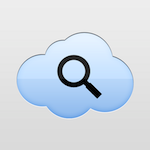
We’ve got inboxes over here, inboxes over there, boards here, there, tweets, docs, posts and shares. It’s almost too much to keep straight. Fortunately, there are little helpers out there. I’ve found two I love, and I’ll show you how to use them. One is free, the other is in closed beta, but there are invites below! If you’ve got other suggestions, please feel free to share them in the comments.
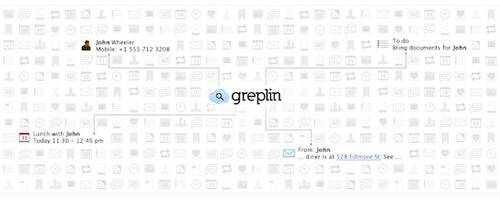
Greplin: For Finding Your Stuff
Greplin is the way I find that one online thing I’m looking for. It’s a fast search engine that can index a whole bunch of common cloud services many of us use. Once it’s done crawling for the first time, you don’t have to wait for a second. You type in your search query, and Greplin brings back an organized list of everything in your cloud-life that matches.
It can search Gmail, Google Calendar, Google Docs, Google Reader and Google Contacts (as well as the professional Google Apps versions). It searches Dropbox, of course. It searches Facebook, Twitter, Tumblr and LinkedIn. It’s got Delicious and Pinboard. It has Yahoo Mail. It even searches Reddit. And these are all free. Premium users can search Evernote, Yammer, Salesforce, Basecamp, Highrise and Campfire. All of these services in one search.
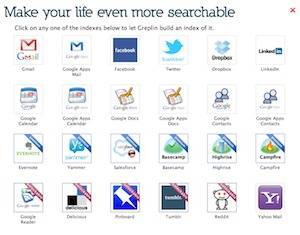
Some of them you have to unlock by inviting friends. That’s okay. Invite your friends. They’ll thank you for it.
Here’s Greplin in action:

Yes, you’re reading that right. My Greplin has (at press time) 1,106,324 documents in it. Every search is instantaneous, though. I can filter the results by service (Twitter, Google Reader, whatever) as well as by type of content: events, files, links, messages, notes, people and streams. Clicking on each service on the left sidebar tells you its status and how many items are indexed.
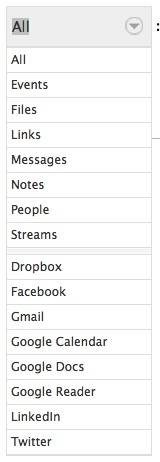
Greplin’s premium service is $4.99 a month or $49.99 a year. But basically every consumer service, and even the Google Apps service, is available for free. Evernote is in premium, and that’s a very tempting hook for power users. But it’s amazing what the free version of Greplin can do. In addition to the Web version (which works on mobile), there’s a free iPhone app, and it’s killer.
What About Sensitive Stuff Like Logins & Passwords?
User names, passwords, ID and credit card numbers are hard to remember, too, and we need to use them often online. But it’s not a good idea to keep those in a cloud-hosted service like the ones Greplin searches. It’s best to keep those in a secure service if you’re going to store them on your computer at all.
Today I found out about Dashlane, which will do just that. It’s a desktop application for Mac and Windows that will remember all your sensitive info so you don’t have to. It’s also just a convenience; it plugs into your browsers and lets you fill in Web forms with your saved information automatically. It’s like 1Password, which is available for Mac, Windows, iOS and Android, but the features are a little simpler.
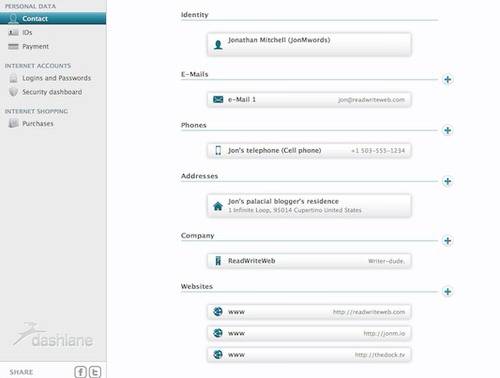
I’ve taken it for a spin. It’s easy to set up, and it’s very secure. It lets you store your contact info, various forms of ID, credit cards and Web accounts. It’s also good for shopping online and lets you speed through the checkout process. When you’re filling out a form on any Web page, boxes that Dashlane can fill in have a little gazelle (or whatever its mascot is) icon. You click it and drop the info in. No need to remember it or even type it out.

Dashlane is not quite open to the public, but here’s a link for RWW fans to get it now! I’ve been using it all day, and it makes everything faster.
What other services do you use to keep yourself sane online? Share them in the comments.










